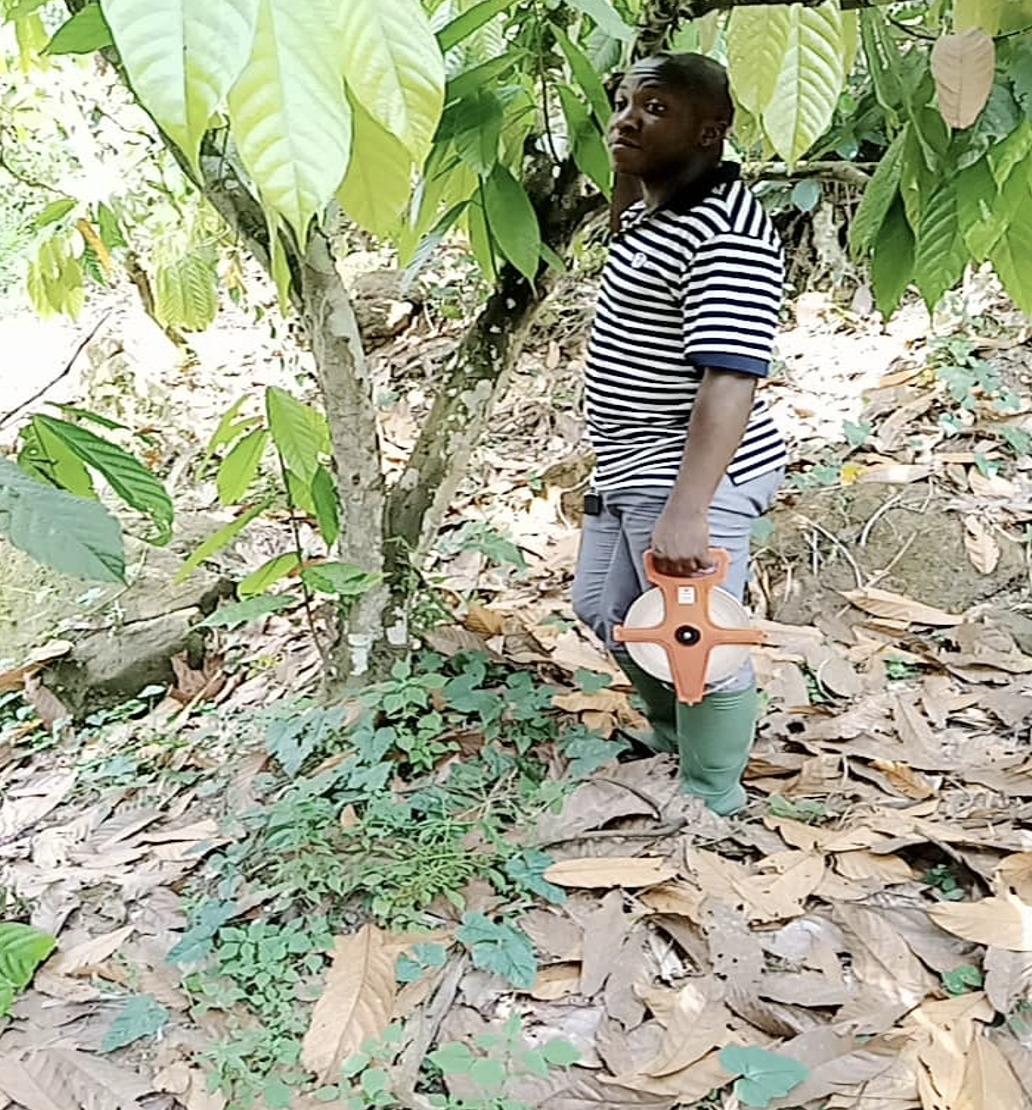His Ph.D. focuses on Agroforestry and Ecosystem Services Valuation from the University of Dschang. As coordinator of the environmental NGO, African Food Security and Climate Army (AFSACA), he’s dedicated to soil health, macro-fauna, fertility, and agroforestry. With over 15 publications, he’s committed to advancing environmental protection and sustainability.
Soil macro-fauna play an important role in enhancing soil fertility through improved nutrient cycling, soil structure improvement and increased infiltration. However, the great role played by soil macro-fauna has reduced drastically in recent times owing to an increase in poor agricultural practices involving the application of agro-chemicals and chemical fertilizers which are harmful to soil macro-fauna. Taking as case study coffee-based agroforests, this project seeks to show the role agroforestry – an agro-ecological practice, can play towards the conservation of soil macro-fauna and the improvement of soil fertility. The project will make use of qualitative (key/expert informant interviews and focus group discussions) and quantitative (household surveys and direct field measurements including measurement of tree and macro-fauna diversity and the collection of soil parameters) data collection approaches as well as secondary data and direct field observations. Analysis of collected data will be done using descriptive and inferential statistics (for quantitative data) as well as the theme/content-based analysis (for qualitative data). The software Microsoft Excel 2013, SPSS 22 and R will be used for analysis. At the end of this project, tree diversity in coffee-based agroforests in the West region of Cameroon will be known; types of soil-macro-fauna in coffee-based agroforests in the West region of Cameroon will be uncovered; the relationship between tree diversity and soil macro-fauna diversity in coffee-based agroforests will be established; the relationship between soil macro-fauna diversity and soil fertility in coffee-based agroforests will be established; and pathways to enhance soil macro-fauna conservation for improved soil fertility in coffee-based agroforests will be proposed.
